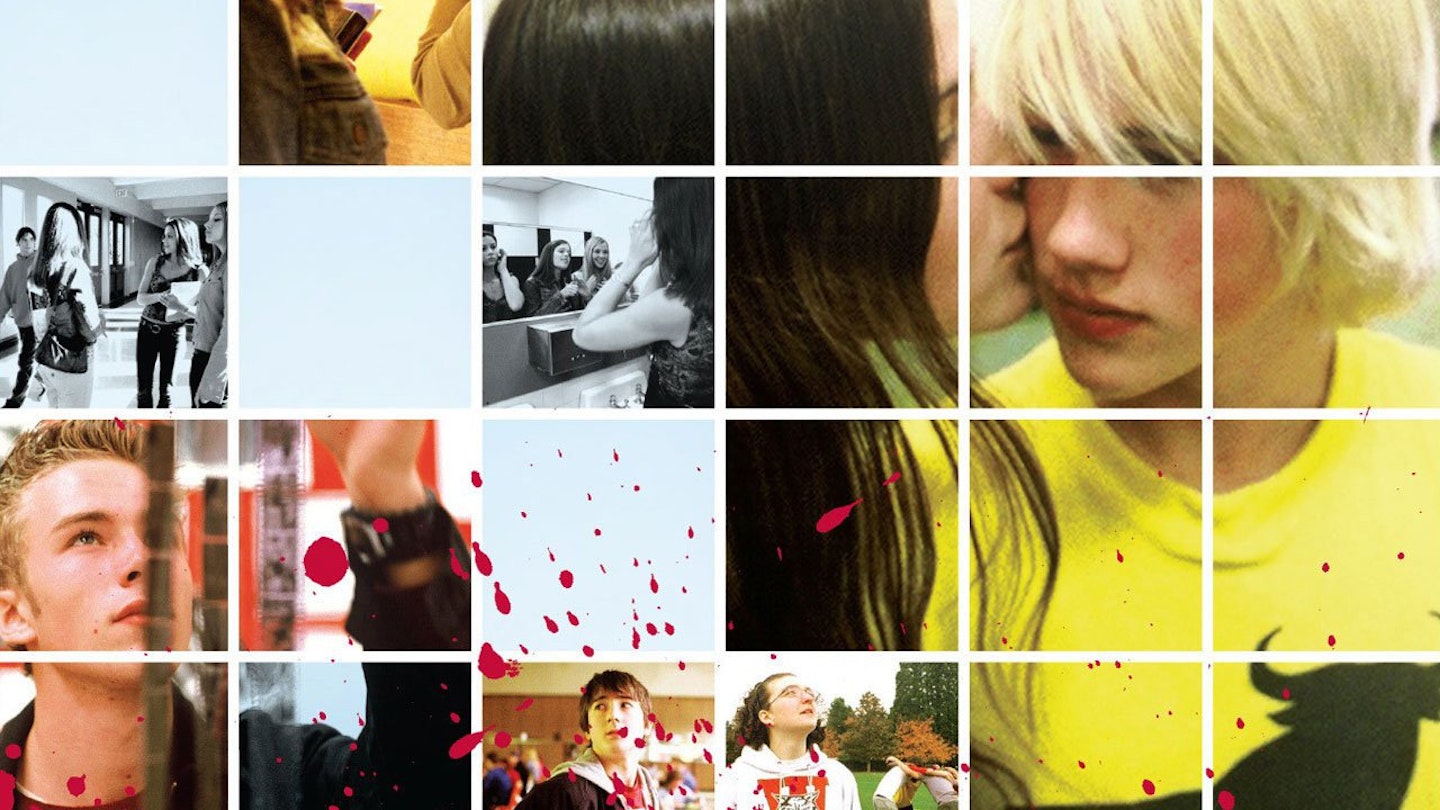It was inevitable that someone would make a movie about the Columbine High School shootings, and it's probably inevitable that several more films will follow Gus Van Sant's low-key, blankly devastating, simple account of a day in an American high school which ends as two teenagers murder a number of their schoolfellows and teachers for reasons that will never be clear.
Some have put Elephant's surprise Palme d'Or win at Cannes down to a reaction to the momentous nature of its subject rather than any inherent cinematic achievement; in fact, it's not even a movie movie but was shot for the US cable channel HBO. However, it's not a TV-style true crime exploitation picture but a restless, improvised back-and-forth that would probably be dull (like Van Sant's interminable but similarly handled Gerry) were it not for the foreboding that comes from the fragility of the youths (almost all well above average in looks) and the long following shots as we get time-overlapping snippets of the day of the massacre.
We latch onto a cross-section of kids, from playground demi-gods to a quietly nerdy girl, and have time to get a sense of who they are on the point of becoming before the killers (Alex Frost, Eric Deulen) show up in combat gear with their stash of internet-ordered weaponry.
The second half is about the murderers' backgrounds (the cast mostly use their real first names rather than playing the kids from Columbine), with a lot of cultural baggage (murder-spree video games, classical piano, a TV doc about Hitler, semi-gay shower clinches, automatic weapon target practice in the woodshed) that still don't 'explain' the unfathomable.
We see the note-taking and mapping prep for the atrocity, with a chilly sign-off ("The most important thing, have fun"). The massacre isn't sensationalised, with snippets of the action intercut with credible moments of people wandering around not knowing what's going on and living or dying for no fault of their own.
It's deliberately studied, with punctuating shots of the calm sky and long takes that strain patience. In the end, it's basically a statement that this happened and could too easily happen again undiluted by the editorialising that a conventional picture, or even a Michael Moore documentary, would be compelled to add.
